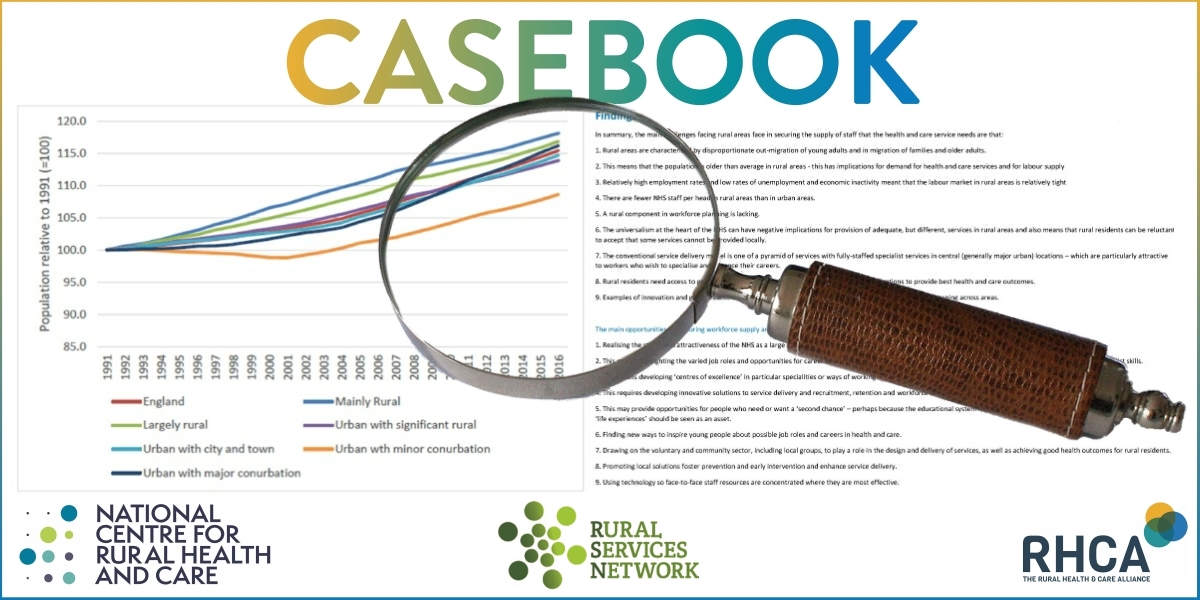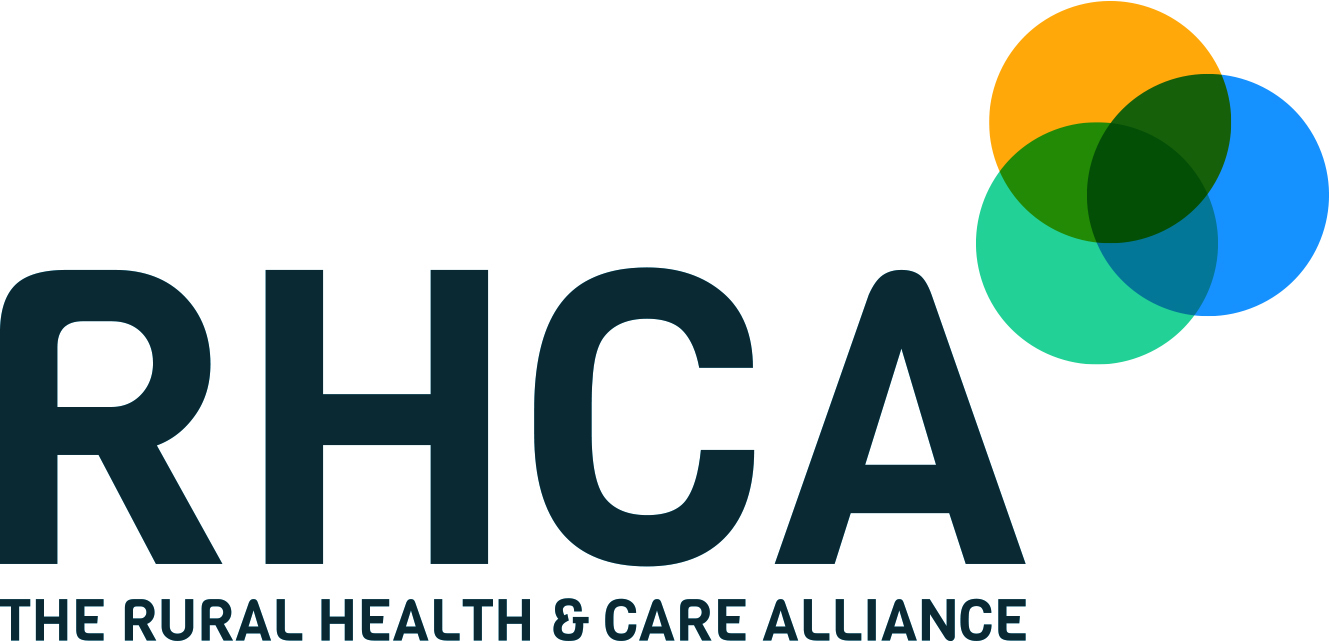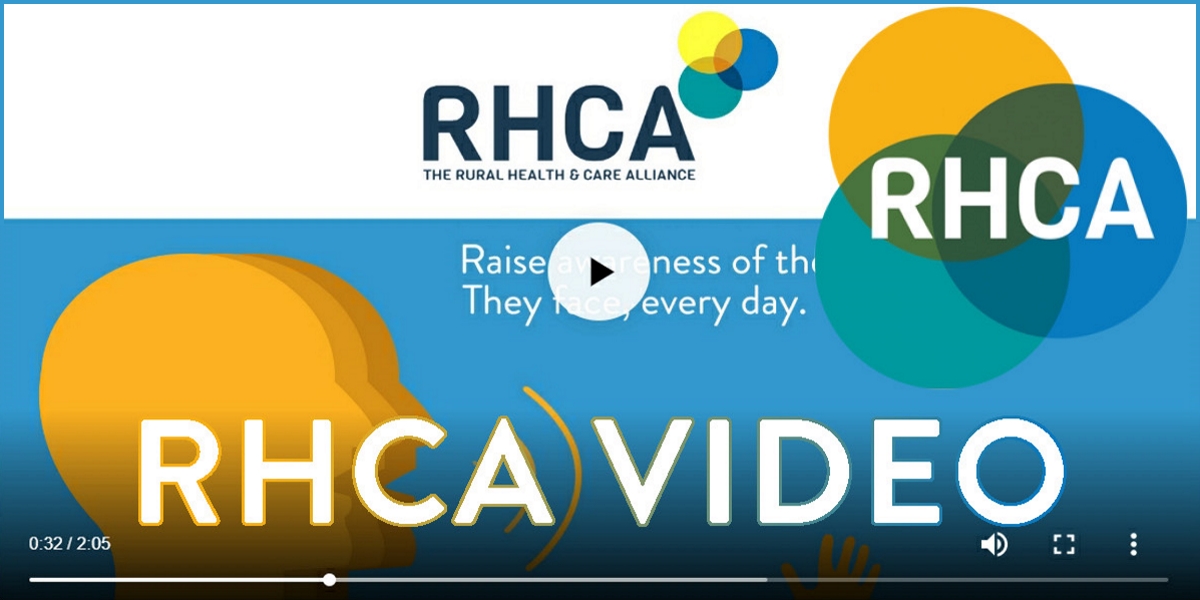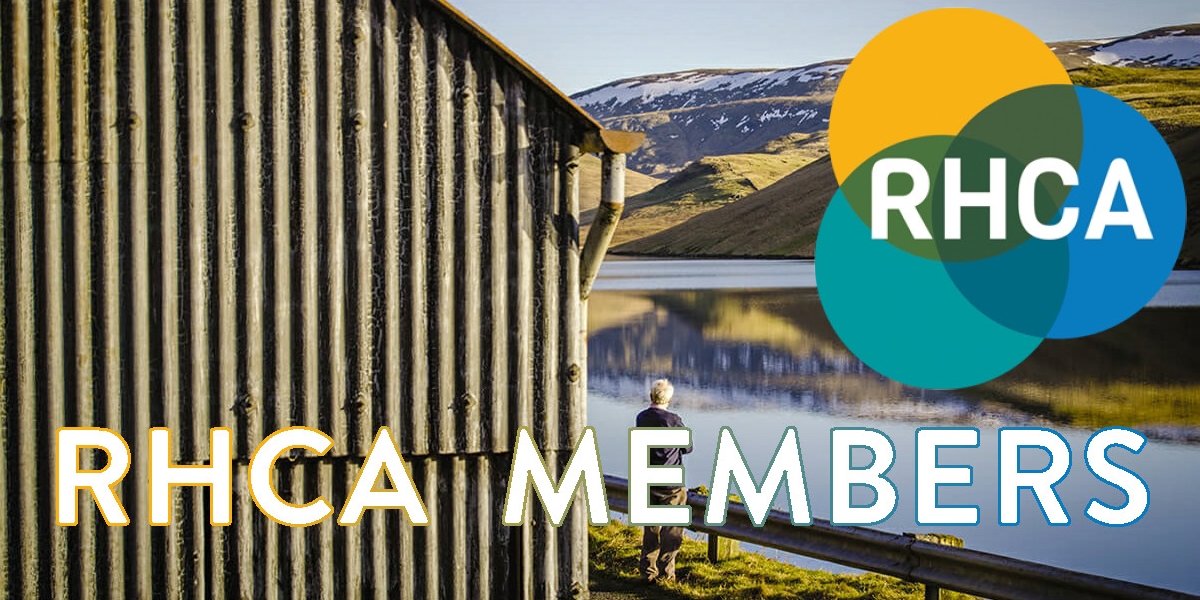T: 01822 851370 E: [email protected]
Visit RSN Survey about life in rural England to find out more.
March Edition of Casebook from the Rural Health and Care Alliance

March 2024 Edition
In this edition of Casebook we call for your views on the UK Health Security Agency Strategy; highlight UKRI work on health inequalities; focus on a Devon community’s SOS plea for a rural GP; signpost a health and care digital switchover business case template produced by the LGA; feature a study on young health care providers; and remind you that there is still time to book for our joint event with NHS Providers. Read on to find out more…
Your views welcome on UK Health Security Agency Strategy
The National Centre for Rural Health and Care in in partnership with the Rural Services Network has drafted a response to the UKHSA’s strategic plan. Hardly surprisingly the word “rural” does not appear at all in the strategy. Nevertheless, there are some important phrases and proposed actions from a rural policy perspective which are worthy of comment. The National Centre for Rural Health and Care is using every opportunity it can to flag key rural health policy with government and policy makers. To view the draft response click here. Any thoughts you have on the draft are welcome, please submit to [email protected] by 18 March 2024.
UKRI targets health inequalities in rural and coastal areas with new initiative
UK Research and Innovation (UKRI) has taken a step forward in addressing health inequalities with a series of innovative projects under its Mobilising Community Assets to Tackle Health Inequalities Programme. This initiative is particularly noteworthy for its focus on enhancing health outcomes in rural and coastal communities, among others facing entrenched health disparities.
Central to this initiative is the effort to overcome the unique challenges endemic to rural and coastal regions, such as social isolation and the difficulty of accessing services. Projects under this programme are designed to improve health outcomes by facilitating better integration between health systems and community resources.
A significant part of the programme's strategy includes addressing the health needs of specific communities that often face heightened barriers to health and wellbeing. These include:
- Roma communities
- Refugees and migrant communities
- People experiencing homelessness
- D/deaf British Sign Language (BSL)-using communities
- Children and young people experiencing mental health challenges
The initiative represents a collaborative effort across various UKRI councils, with additional support aimed at fostering a secure, resilient, and health-equitable society. This programme aims to improve health outcomes alongside empowering communities, ensuring that everyone, regardless of their geographic or demographic background, has access to the resources needed for a healthier life.
More detailed information about this programme is available here.
North Devon’s quest for GP to preserve rural health
Residents of Lynton and Lynmouth in North Devon are amidst a social media surge to safeguard their local healthcare with an urgent search for a new general practitioner (GP) to maintain local access to healthcare services. The current healthcare provider is set to cease operations at the end of April, which could lead to a reduced service or a complete closure of the local surgery.
The health centre, which includes a minor injury unit and caters to around 2,500 patients, requires a lead GP to keep its doors open. Despite efforts to recruit, the challenge of attracting clinical staff to rural areas remains significant.
Last year, a similar situation in Cornwall was resolved through a successful social media campaign, highlighting the potential of community-led initiatives.
The local patient participation group has received approval to conduct their own search for a GP, emphasising the critical need for medical services in their area and the potential impact of traveling long distances for healthcare on residents, especially the elderly.
There's a call to action for any GP who desires a change of pace and life in a picturesque rural setting, stressing the importance of having accessible healthcare services in remote areas. Local health authorities are exploring various avenues to ensure that the residents continue to receive the necessary GP services, highlighting the importance of sustaining quality healthcare in rural communities.
In Winning the Rural Vote, the RSN campaign which sets out our asks of the political parties ahead of the general election, the challenges of recruiting and retaining a healthcare workforce in rural areas is recognised.
The RSN is calling for political parties to deliver a specific Rural Workforce strategy to aid training and recruitment across all health and care services including dentistry in the first 18 months in office to help support rural communities.
You can read more at this link: www.rsnonline.org.uk/winning-the-rural-vote
Also on this topic the National Centre for Rural Health and Care response to the NHS Long Term Workforce Plan makes for interesting reading, find out more here.
Health and care digital switchover business case template
A recent article from the Local Government Association states by next year, most telephone providers will have moved their customers from old analogue landlines?over to new upgraded landline services using digital technology. In addition, many mobile network providers have begun phasing out 3G networks. The switchover has serious implications for adult social care and vulnerable residents, who may not have an internet connection or mobile phone.
The LGA has produced a digital switchover business case template in partnership with local authorities to support the migration of telecare services from analogue to digital. The document can be used to help local authorities in the switch over decision-making process and encourages users to think about risks, benefits and costs that may occur. Access the Business Case Template here.
Shaping the future rural healthcare landscape: perspectives of young healthcare professionals
The above paper was recently published in the Journal of Rural and Remote Health (rrh.) as part of the WHO Rural Proofing special edition.
Addressing rural health issues requires concerted efforts by governments and other organisations to improve the health outcomes of rural populations. It would appear self-evident that young healthcare professionals (HCPs) should be attuned to this and be ready to play a meaningful role. It is, therefore, important to understand their perspectives on the current state of rural health care, the future of rural health care, and their future role in making a difference in the lives of people living in rural communities. This Original Research article is the first to explore rural health issues globally from the perspectives of young HCPs.
This study explored the attitudes of young HCPs regarding the future of rural health care. Findings indicate that, from their perspective, access to health care in rural areas remains a significant problem. Noting this, participants clearly expressed their desire to make a difference, and their optimism for a better future. They want to see practical implementation of meaningful solutions to the difficulties they have seen and experienced in rural health care. Find our more here.
Joint NHS Providers and National Centre for Rural Health and Care Webinar
A reminder that Nigel Edwards, Chair of the National Centre for Rural Health will be guiding debate at a webinar on Monday 25 March looking at Improving access and engagement for rural and coastal communities.
The webinar will explore:
- health inequalities experienced by rural and coastal communities
- trust-led interventions that have improved access to services, workforce recruitment and retention, and increased engagement with these populations.
These discussions, followed by an interactive Q&As, will allow reflective dialogue between trust leaders to implement effective change for these communities.
The webinar is open to NHS board members and health inequalities leads from trusts, foundation trusts and ICBs.
To book click here.
We’d love to hear from you - share what you’re proud of
If you have something, you would like us to feature in a future edition, please let us know by clicking here to send us an email.
Spread the word
If you know of other organisations that you think would benefit from joining the Rural Health & Care Alliance, please click here to email us and let us know.
RURAL SERVICES NETWORK
Up to date news on Health and Care
The Rural Services Network provides a useful source of themed news content and data. Check out the latest news on Health & Wellbeing and Vulnerability, where you’ll find articles on a diverse range of rural issues affecting rural communities. You might also find this research on Over 65 Population Projections useful too.
Latest from RSN Member Insights
RSN Member Insights is the place to discover the statistics that define communities within our membership. It is regularly updated with new analyses, and these will be highlighted in the 'What's New' section of the RSN's Weekly Rural Bulletin. The Rural Bulletin also provides a selection of the most rurally topical news items, so do subscribe and encourage your colleagues to subscribe to what is an invaluable weekly periodical.
To make a suggestion of data that would benefit you by being included in the Member Insights section, please email Dan Worth, our Research and Performance Analyst, at [email protected].
| The Rural Health & Care Alliance is a membership organisation administered by the Rural Services Network on behalf of the National Centre for Rural Health & Care. Explore the RHCA service below: |
 |
 |
 |
 |
 |
 |
 |
 |
 |
 |









